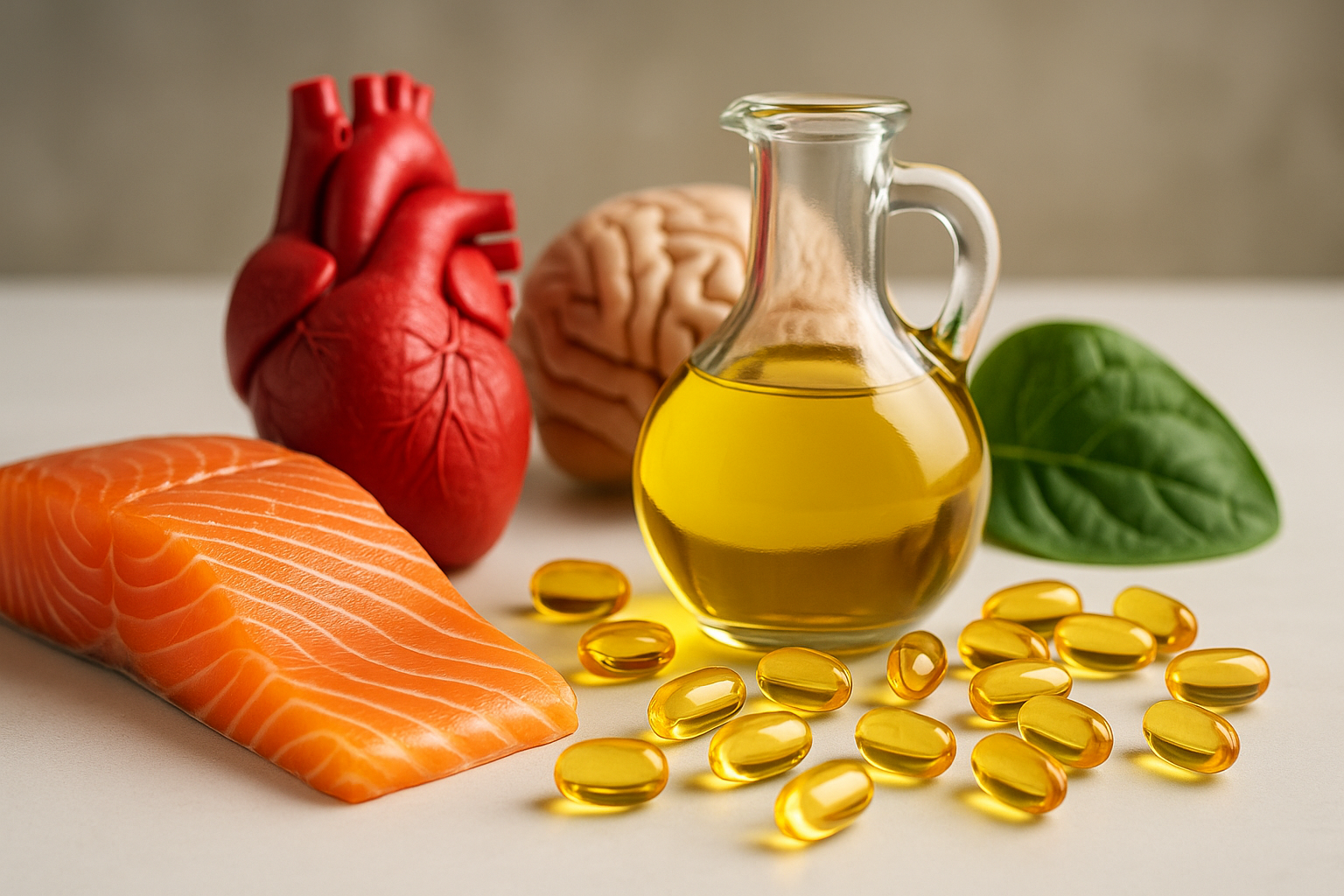
Coenzyme Q10: A Promising Ally for a Healthy Heart
Cardiovascular diseases are among the leading causes of death worldwide. As a result, micronutrients—especially Coenzyme Q10—are increasingly coming into focus for prevention and supportive therapy. But what can this naturally occurring molecule really do for our heart?
What Is Coenzyme Q10?
Coenzyme Q10 is a vitamin-like substance that the body produces on its own. It is present in all cells and plays a key role in the mitochondrial respiratory chain—the process by which our cells produce energy (ATP). Organs with high energy demands, such as the heart, liver, and kidneys, require particularly large amounts of Q10.
As we age—or under specific stressors such as chronic illness, oxidative stress, or certain medications—Q10 levels in the body decline. Studies suggest that a deficiency in Coenzyme Q10 could play a role in heart disease in particular.
The Role of Q10 in Heart Health
The heart beats around 100,000 times per day—a tremendous energy output that requires a constant supply of ATP. Q10 not only serves as a core component of this energy production but also acts as an antioxidant. It protects heart cells from harmful free radicals generated by chronic stress, inflammation, or environmental influences.
Q10 is especially interesting for people with heart failure, meaning a reduced pumping capacity of the heart. As early as the 1990s, initial studies showed positive effects of Q10 in cases of heart failure. Since then, extensive clinical data has emerged suggesting that Q10 can improve both the physical capacity and quality of life for heart patients.
What Does the Research Say?
The largest and most renowned study on the effects of Q10 in heart failure is the so-called Q-SYMBIO study, published in 2014 in the Journal of the American College of Cardiology. In this double-blind study, around 420 patients with chronic heart failure received either 300 mg of Q10 daily or a placebo for two years. The results were impressive: the Q10 group experienced nearly a 50% reduction in the risk of serious cardiovascular events. Overall mortality was also significantly lower.
Other studies support these findings. A 2017 meta-analysis showed that Q10 can significantly improve the so-called ejection fraction—a measure of the heart’s pumping power. Additionally, patients frequently report increased physical endurance and reduced fatigue.
Q10 During Statin Therapy
Q10 is particularly relevant for people taking statins—medications used to lower cholesterol. While statins inhibit the body's cholesterol production, they also impair the synthesis of Q10. Many statin users report muscle pain or weakness, which may be linked to reduced Q10 levels.
Several studies suggest that supplementing with Q10 can alleviate these side effects. The German Society for Prevention and Rehabilitation of Cardiovascular Diseases (DGPR) therefore recommends considering Q10 supplementation in cases of statin-induced muscle symptoms.
Conclusion
Coenzyme Q10 is more than just a trend in nutritional supplements—it is a natural compound in our bodies with a key role in energy production, cellular protection, and especially heart function. Whether for supporting heart failure treatment, reducing statin-related side effects, or promoting vitality in later life, Q10 can be a valuable contributor to overall health. For those prioritizing strong heart function, more energy, and cell protection, Q10 offers a natural solution with impressive potential.










